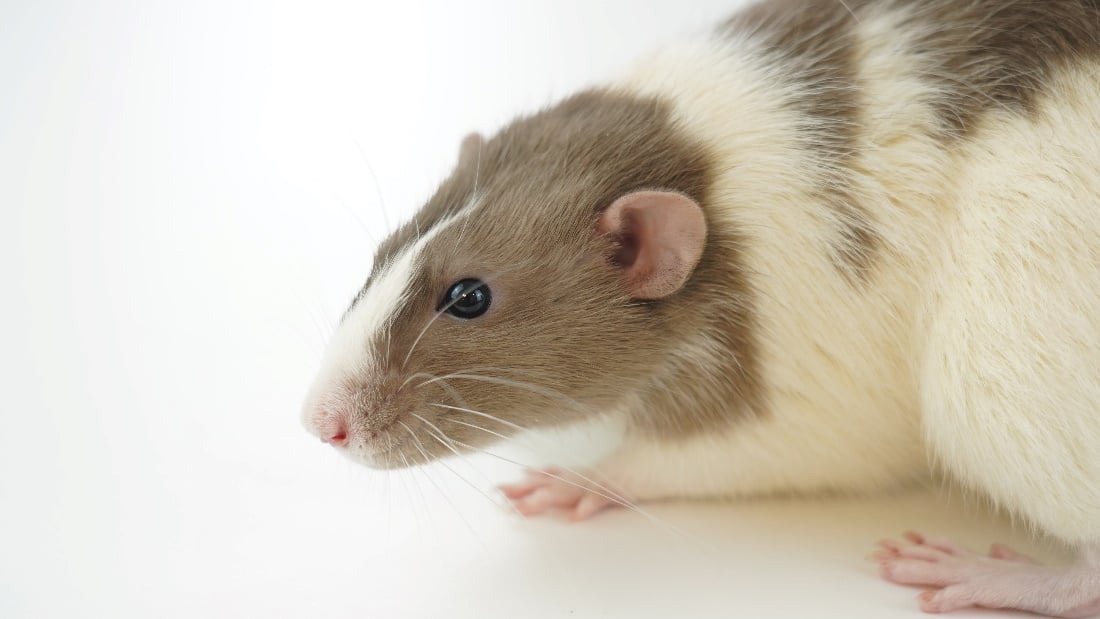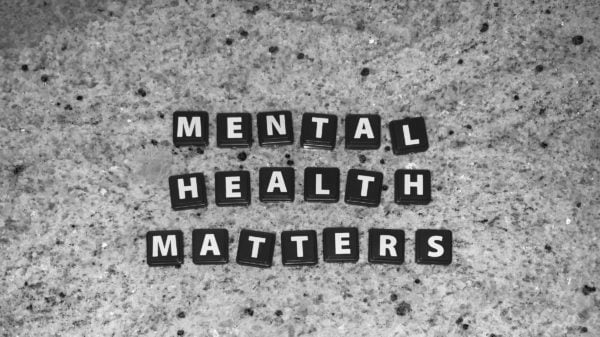Animals have played a crucial role in allowing scientists to learn more about the biology of human beings. Research on animals such as mice has helped develop new treatments and medicines for various diseases. Let’s talk about some of the ways animal testing has helped the human race.
Studying animal models has greatly advanced the knowledge regarding human health. Vaccines, antibiotics, organ transplants, and HIV treatments were all developed by conducting animal experiments. The use of animal models guarantees the effectiveness of new treatments. These tests can help identify the risks of drugs on humans.
The use of animals in laboratories is legal and an integral part of scientific research. The removal of animals from labs would mean testing new drugs on human beings. This would require willing volunteers, willing to put their lives at unknown risks that could potentially be fatal.
Animal testing and research have benefitted the human race in numerous ways. This is undoubtedly true. Some diseases are common to people as well as animals. We share a lot of our biological and physiological characteristics with animals. Hence, through animal research, treatments, and therapies have been developed that benefit humans and animals alike.
Proven Ways Animal Testing Has Helped Humans
Smallpox
Edward Jenner, in 1796 developed a vaccine using material from a cowpox sore. They then injected this vaccine into a young boy, but the boy remained smallpox-free even after they exposed him to the smallpox virus several times. Jenner and a few other doctors then distributed the vaccine. It took over 200 years for smallpox to be completely eradicated from the world, but without animal research, smallpox would have still been affecting and killing thousands of people worldwide.
HIV
Monkey models have been an essential element in developing treatments for AIDs/HIV. The antiretroviral originated in 1986 after experiments were conducted on monkeys and mice. The constant research and testing on animals have made it possible for scientists to develop a vaccine that will be safe and offers hopes of finding a full cure for AIDs/HIV. The vaccine boosts patients’ immune systems, allowing them to live a long and healthy life.
Organ Transplants
Rabbits, mice, and dogs have been instrumental in the advancement of surgical techniques and anti-rejection drugs, which in turn has helped in the transplants of organs in human beings. Dogs have been at the forefront of heart and kidney transplant research. The Nobel Prize recipient Joseph E. Murray recognized the importance of dogs and ‘the father of modern transplant’ Thomas R. Starzl. As the research, the testing, and the experiments continue, many human lives have been saved thanks to our loyal friends.
Flu
Animals that have contributed to the research on flu and its treatments include guinea pigs, mice, and ferrets. In order to reduce the impact of the disease and to also stop its outbreak, the United States distributes almost 150 million doses of the influenza vaccine. An estimated 500,000 people die of influenza worldwide. Research is ongoing to develop a vaccine for influenza which would provide lifelong immunity to the disease.
The Bottom Line on Animal Testing
Without research on primates, the world would not have been able to combat diseases like diabetes, cystic fibrosis, epilepsy, Alzheimer’s, Malaria, Leukemia, and many more. Even though some people consider it unethical and immoral to use animals in such a way, we cannot deny that animal testing has immensely benefitted the human race. As for what becomes of animal testing in the future, we’ll have to wait and see. Hopefully better alternatives come to fruition in which both animals and humans are safe.































































